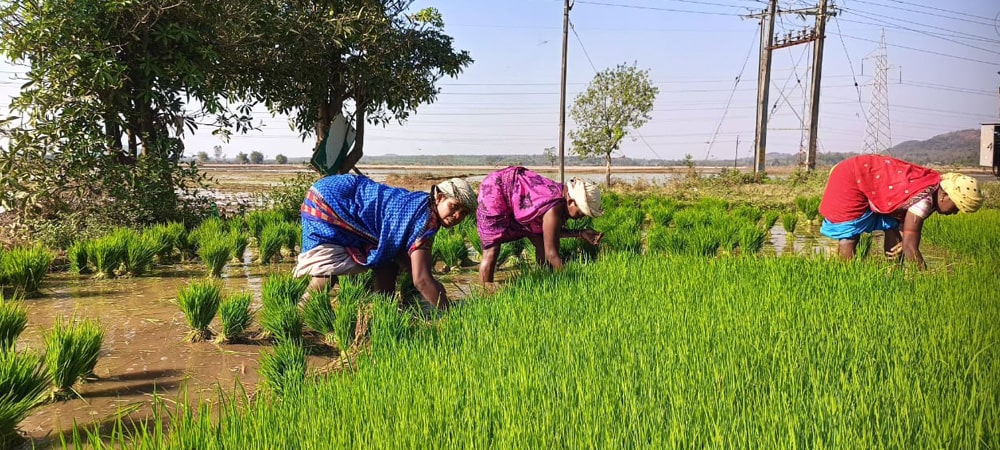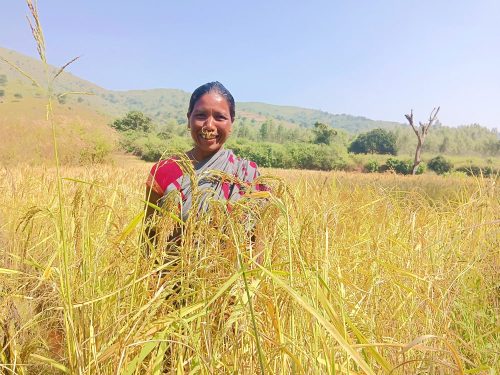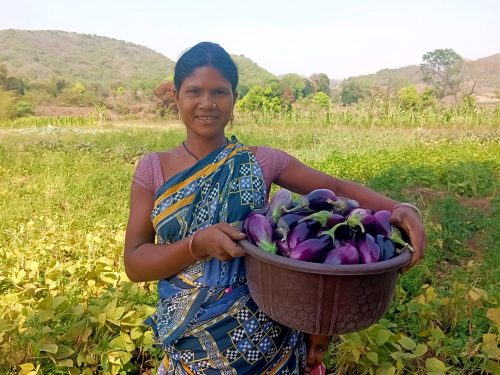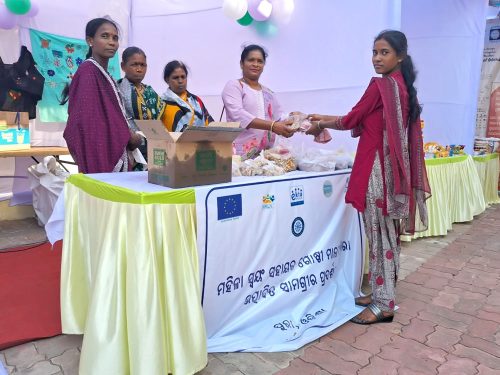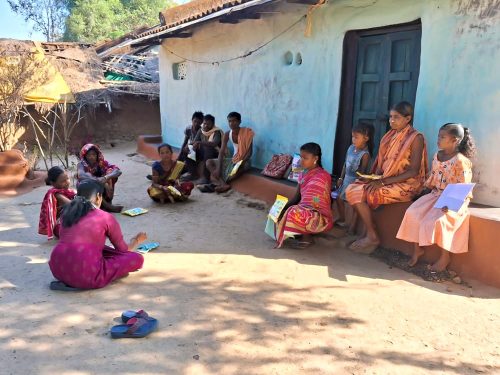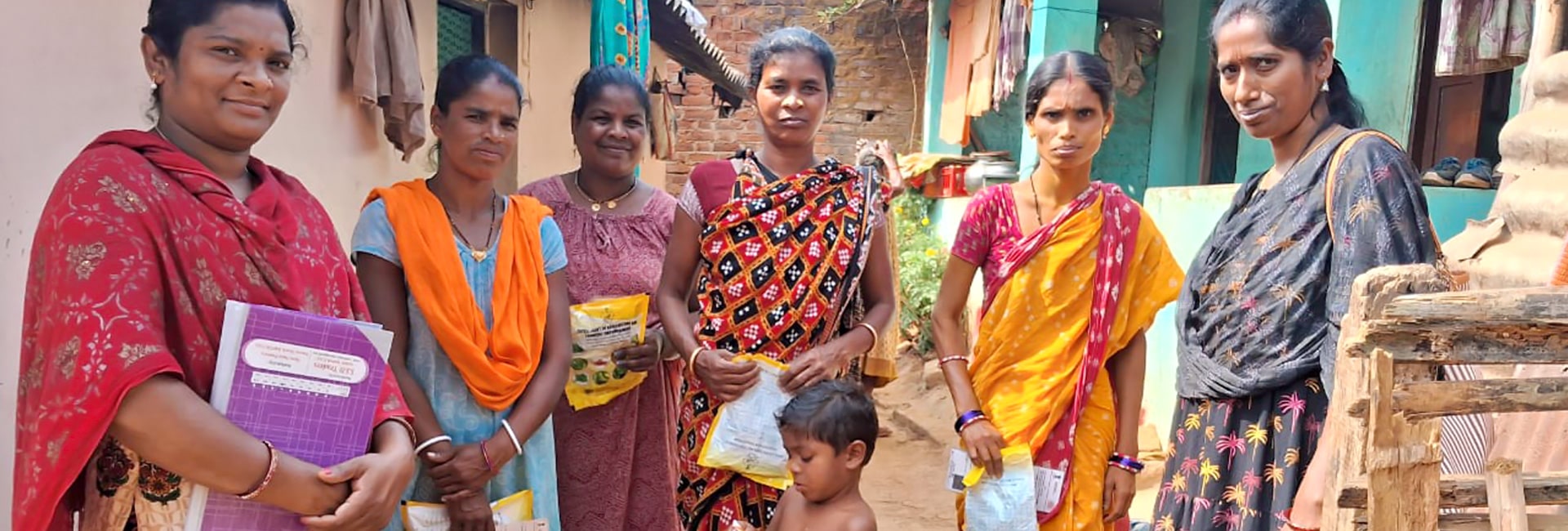
Livelihood and Climate Change
Sustainable livelihoods are the backbone of resilient communities. At Ekta, we empower marginalized groups, especially women, persons with disabilities, tribal, and dalit communities, by promoting climate-resilient livelihood opportunities. From organic farming and livestock rearing to eco-friendly enterprises, we ensure that economic growth goes hand in hand with environmental sustainability.
Climate change directly impacts lives & livelihoods by altering weather patterns, reducing agricultural productivity, and increasing vulnerabilities. Through capacity building, resource access, optimum uses of local available resources, value addition, and market linkages, Ekta helps communities adapt, ensuring long-term income security while preserving natural ecosystems
Our Livelihood and Climate Change Programs
1. Sustainable Livelihood Initiative through Community Empowerment (SLICE)
Koraput, located in the southernmost part of Odisha, is home to a predominantly Adivasi population that faces persistent socio-economic challenges despite various developmental interventions. A significant gap exists in policymaking, as Adivasi voices and grassroots perspectives are often overlooked, leading to displacement, exploitation, and socio-cultural erosion. Traditional knowledge and sustainable practices, which have long supported these communities, are at risk due to ecological changes and modernization pressures.
The SLICE project aims to empower 3,439 Adivasi, Dalit, and rural families across 50 villages in the Gadiaguda and Mujang Gram Panchayats of Dasmantpur Block, Koraput District. With Adivasi groups comprising 50% of the district’s population—including Kandha, Paraja, Gadaba, Bhumia, Durua, Bhatada, and Soara, Bonda, Bagata—and Dalit and OBC groups forming another 28%, the project will enhance sustainable livelihood opportunities while preserving cultural identity and ecological balance.
By reviving indigenous practices, fostering community-led economic activities, and promoting inclusive decision-making, SLICE will help these marginalized communities adapt to modern socio-economic realities without losing their heritage. The initiative will work towards ensuring economic resilience, ecological sustainability, and social empowerment, creating a self-sufficient model of development led by the people it serves.
2. SAMAHITA: Collective Inclusive Action by CSOs in Odisha
The Project “SAMAHITA” focuses on strengthening Civil Society Organizations (CSOs) in Odisha to amplify the voices of intersectional vulnerable communities. India’s voluntary sector plays a crucial role in nation-building, not just by filling gaps in government services but by contributing to policy advocacy, economic growth, and social justice. Odisha, in particular, has a diverse and dynamic civil society space, consisting of individual activists, community-based organizations, self-help groups, and advocacy networks that champion gender, environment, culture, religion, and ethnicity-based causes.
This project aims to enhance the capacity of CSOs by improving organizational governance, strategic planning, inclusiveness, and participation in local governance. It focuses on Organizations for Persons with Disabilities (OPDs), Women’s Self-Help Groups (WSHGs), Indigenous/Tribal Groups, Caregiver Groups, Fisher Women Groups, and Youth Groups, providing them with need-based training and capacity-building to strengthen their advocacy efforts.
To create a unified voice for marginalized communities, the project will form district-level federations, bringing together CSOs to drive change collectively. These federations will then be integrated into a state-level federation, ensuring that no community is left behind. The federations will also play a key advocacy role, addressing policy gaps and ensuring that government programs and entitlements are accessible and inclusive.
Ultimately, SAMAHITA aspires to build self-reliant and sustainable CSOs, equipping them with the skills and resources to mobilize funds and drive long-term development initiatives, ensuring a more inclusive and equitable society.




